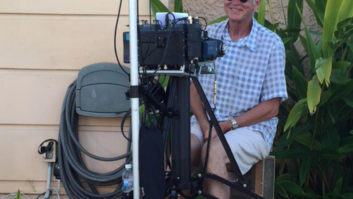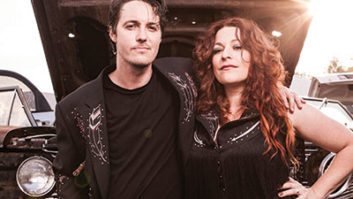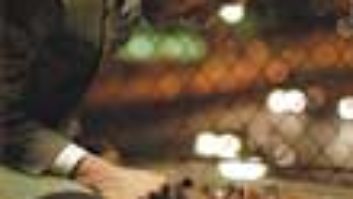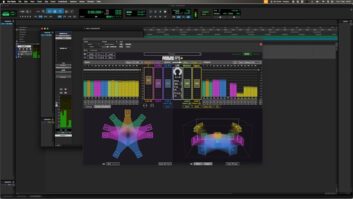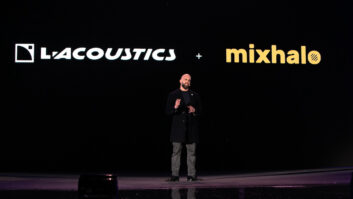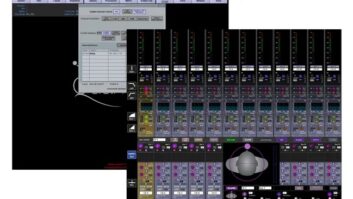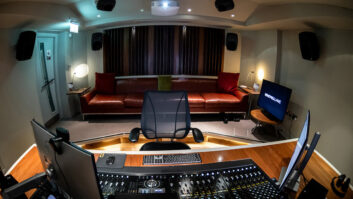By Frank Wells.
My home AES section, AES Nashville, recently concluded a successful, regional event titled the Nashville Recording Workshop + Expo. Two days immersed in audio education targeted at home studio owners (be they songwriters, musicians or budding engineers) raised an obvious question: When pro level tools are available to everyone, what is the role of the audio professional?
This brings to mind similar discussions from two decades ago when the DAW revolution and recordable CDs first made it practical for engineers to create their own Orange Book CDs for disc replication. As a professional mastering house, my then-employer made the distinction that having the appropriate tools might give an individual the capability to perform mastering tasks, but did not necessarily mean that an individual had the sensibility to use those tools to his best advantage. True mastering engineers bring not only technical capabilities to a recording project, but a fresh set of ears. Those ears listen to a broader range of material than those of most individuals, they have a more intimate relationship with their speaker systems and listening environment, and they are (at least initially) emotionally detached from the recordings. Once they’ve laid ears on the recordings, the sensibility side of the equation comes in–using the capabilities of their tools to polish and enhance a project, to raise it up to the highest achievable level, to achieve as much of the artist’s vision as possible.
Mastering engineers have lost the Wizard of Oz mystique as members of a small club who could cut master discs for vinyl replication and as owners and operators of expensive gear for creating tape-based CD masters. Yet, on the end stages of production, I’d argue that mastering engineers are more important than they’ve ever been. It’s no longer about the arcane aspects of their technical infrastructure, but more about bringing their listening skills to bear in support of those who have not, nor will ever likely, hone such skills. It’s about bringing their analytical capabilities to a project, an ability to quickly diagnose what aspects of a recording might be ailing and to prescribe a cure.
And sometimes the cure might require more than can be done on the back-end of the recording process, which brings us to a broader group of audio professionals: the recording engineers. Many of Nashville’s finest recording engineers (plus a few “imports”) were in attendance at NRW+E to share their knowledge with the attendees. And while the attentive and appreciative audience members expanded their knowledge of the art of recording, they also came away with some sense of how much there was that they could still learn. As with the tools of the mastering engineer, the tools of the recording engineer are readily and affordably available, but owning the tools gives only a potential for making good recordings, depending on the artistry with which the tools are employed. When a half-inch movement of a single drum mic makes the multi-miked kit snap together sonically, will the inexperienced engineer know to make the adjustment? When placing a pop-filter to define a singer’s distance from a mic, will the budding engineer know how to find an optimal distance?
Without a doubt, there are artists with great ears, with musically and sonically analytical minds, who are capable of creating spectacular recordings. Yet, these high-achieving multi-taskers are the exception. For most of us, our skills and talents run in a dominant direction. As great as a songwriter, singer or picker might be in his chosen field, he’s not likely to be a great audio engineer as well. Efficient? Competent? Adequate? Perhaps. Great? The odds are against it.
By all means, let’s encourage recording at any level; let’s share our knowledge. Education can expand one’s sensibilities, and it can also help define them. A maturing home recordist who knows enough to know what he doesn’t know is the first step in the process of reaching out and bringing a professional back into the process.
